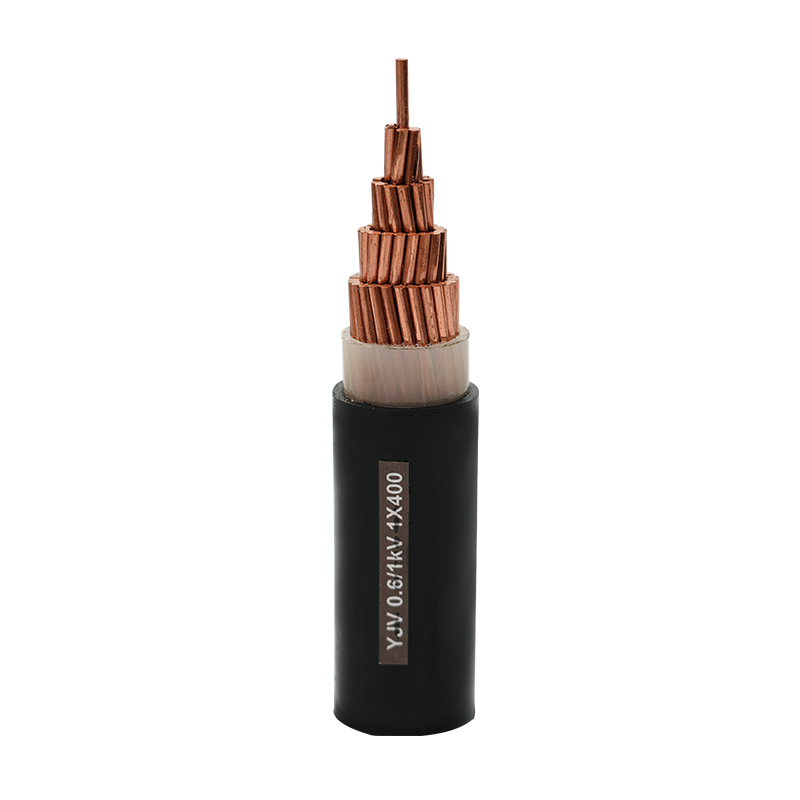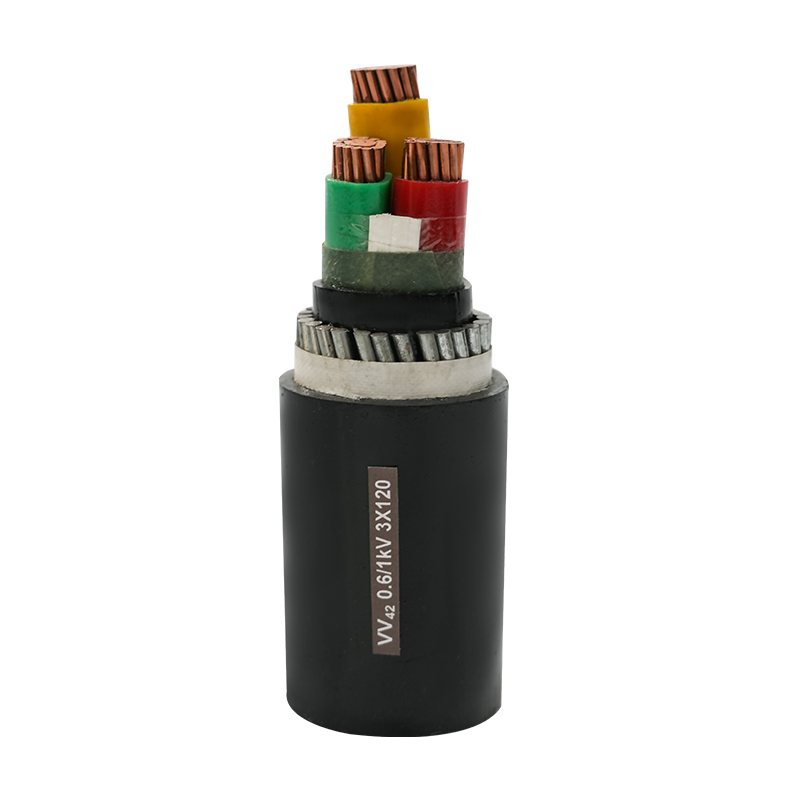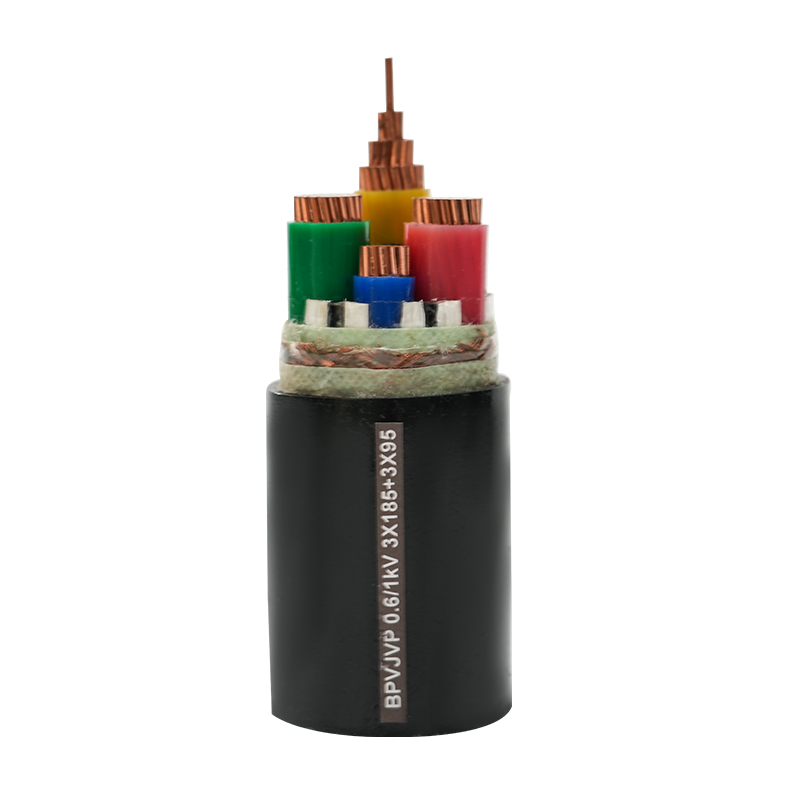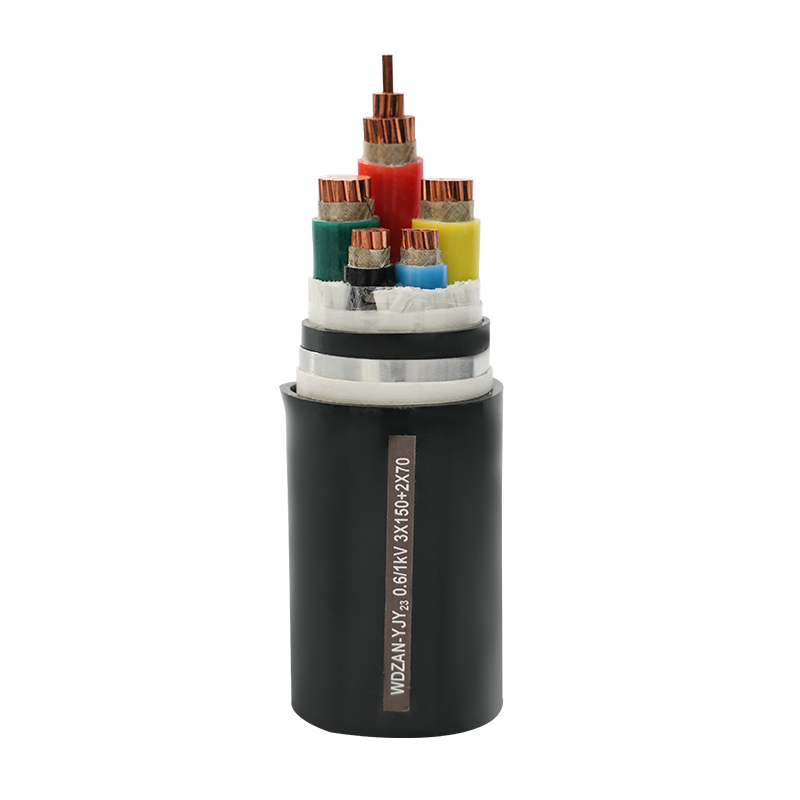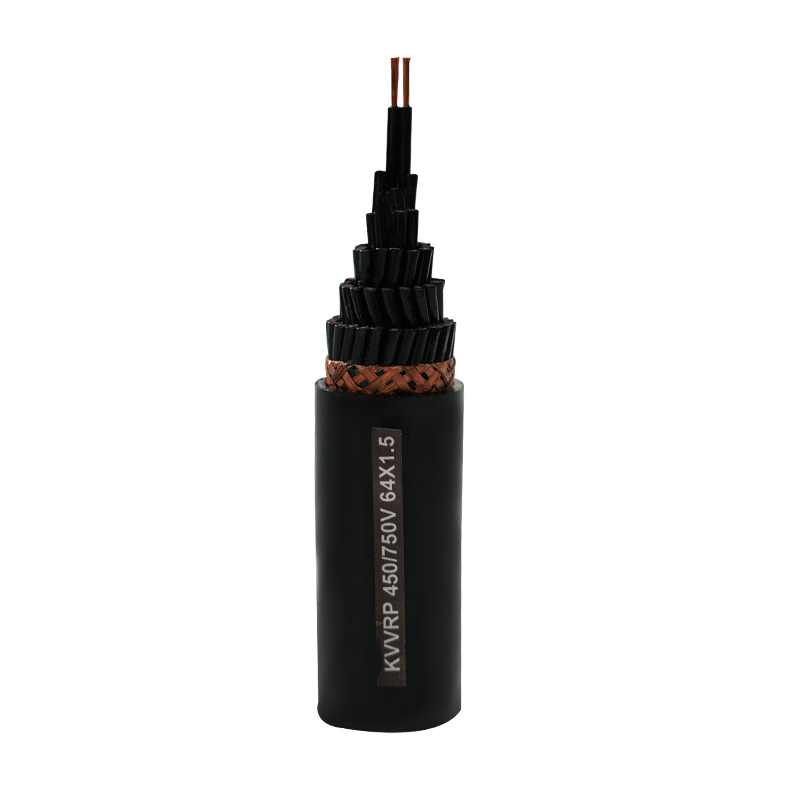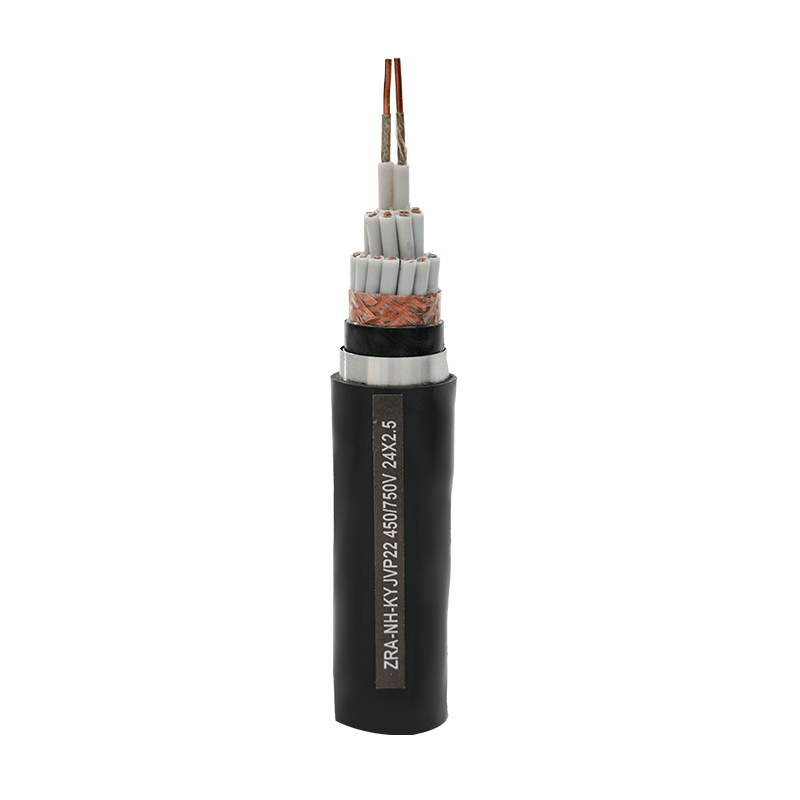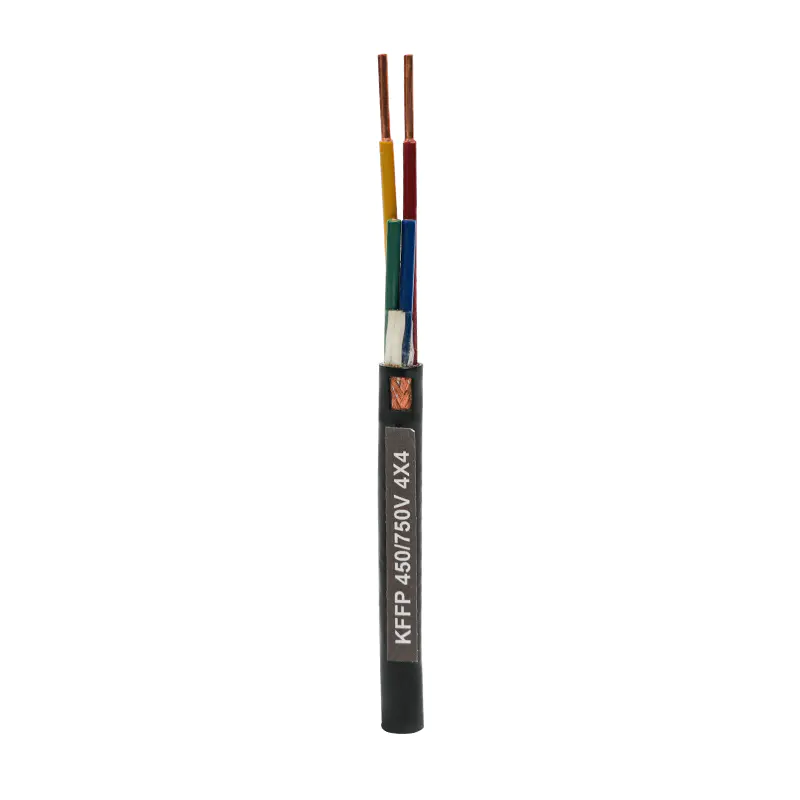The Core Technical Advantages of PVC Insulated Control Cables
PVC insulated control cables, serving as a critical component in the electrical systems of modern industry and construction, stand out due to their unique technical advantages that allow them to perform exceptionally well in a wide range of demanding environments. The core of their excellence lies in the Polyvinyl Chloride (PVC) material used for their insulation layer, which boasts superior electrical and physical properties. This material is not only highly effective at insulating against electrical currents, thereby guaranteeing safe power transmission, but it also provides outstanding resistance to corrosion and oil. In settings like chemical plants, petroleum facilities, or any location where the cable might be exposed to corrosive substances, its outer sheath and insulation layer are designed to resist degradation, ensuring the integrity of the internal conductors and the stability of signal transmission. This dual-layer protection enables the cable to operate reliably over long periods in dynamic and challenging conditions, making it an indispensable lifeline for industrial equipment and control systems.
The Extensive Applications of the Cable in Industrial Automation
In an era of rapid industrial automation, PVC insulated control cables play a pivotal role, acting as the central nervous system connecting various automated devices, sensors, and actuators. They are the backbone of precision control and efficient production. On an automated assembly line, these cables meticulously transmit commands from a central control unit to robotic arms and machinery, ensuring every stage of production is perfectly synchronized. In the field of robotics, the cable’s flexibility and abrasion resistance are crucial, allowing it to withstand the frequent and complex movements of robots while providing unwavering signal support. Furthermore, in smart building management and security surveillance systems, these cables are vital for transmitting data and control signals, securing the intelligent management and safety of buildings. Their reliability directly impacts the overall effectiveness of the entire system.
A Guide to Selecting the Right Voltage Grade for Different Projects
Choosing the appropriate voltage grade for a PVC insulated control cable is of paramount importance and depends on the specific requirements of the application and equipment. The cable’s voltage grade indicates the maximum voltage it can safely withstand and must be precisely matched to the project’s needs. For low-voltage control systems, a lower voltage grade cable is both sufficient and economical. Conversely, in scenarios that require the cable to endure higher transient voltages or operate within complex power grids, a higher voltage grade cable is essential to prevent insulation breakdown or equipment damage caused by voltage fluctuations. Making the right choice in voltage grade is not only a prerequisite for ensuring the safe and stable operation of the electrical system but also a crucial step in optimizing project costs and enhancing overall system reliability.
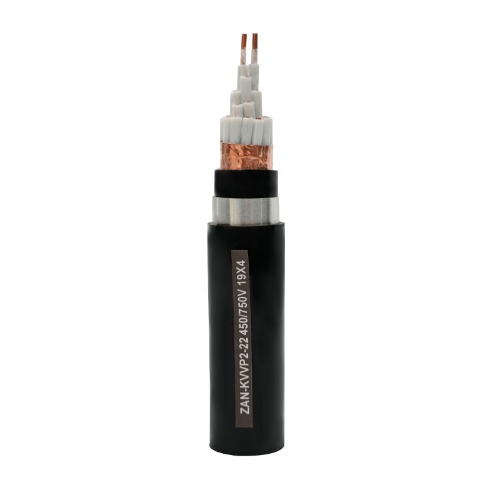
Key Aspects of Installation and Maintenance
To ensure that PVC insulated control cables provide long-lasting and efficient service, proper installation and regular maintenance are absolutely non-negotiable. During installation, strict adherence to technical specifications is required, including avoiding excessive bending, preventing mechanical damage, and ensuring all connections are properly sealed. These meticulous steps can preempt potential points of failure from the outset. In daily use, routine inspections of the cable’s outer insulation for signs of aging, cracking, or damage, as well as regular cleaning of dust and grime from the cable surface, can significantly extend its lifespan. In particularly harsh environments—such as high-temperature, humid, or chemically corrosive locations—professional, periodic inspections are an even more critical measure to guarantee the cable’s safe operation.
Flame-Retardant Cables: An Essential Safety Guarantee
In many settings where fire safety is a top priority—including public buildings, factory workshops, and data centers—the choice of a flame-retardant PVC insulated control cable becomes crucial. These cables incorporate special flame retardants into their composition, which makes them highly resistant to ignition and capable of self-extinguishing when exposed to a fire source. This property effectively halts the spread of flames, providing invaluable time for evacuation and asset protection. The flame-retardant feature does not compromise the cable’s other key properties; it still maintains excellent electrical insulation, corrosion resistance, and mechanical strength. In industrial automation control systems, fire alarm systems, and emergency lighting circuits, flame-retardant cables are essential for ensuring that these critical systems remain operational during an emergency. Their high safety value makes them an indispensable choice in modern electrical engineering.

 English
English 中文简体
中文简体 русский
русский عربى
عربى